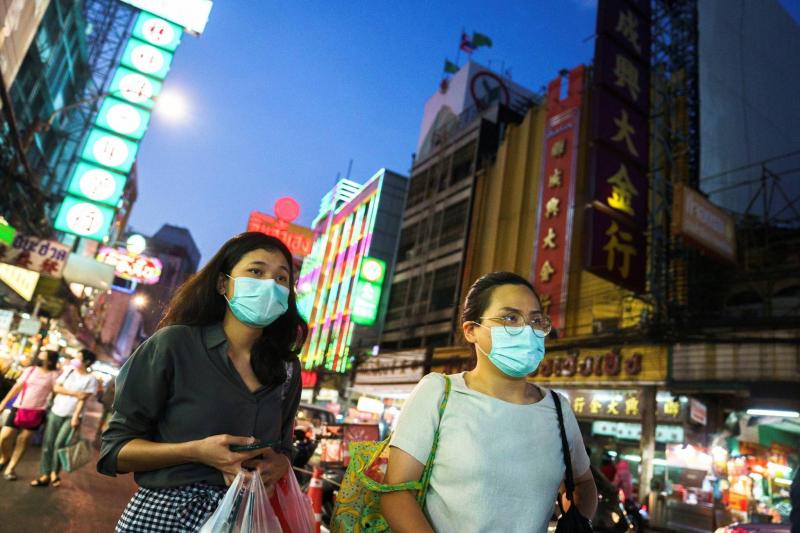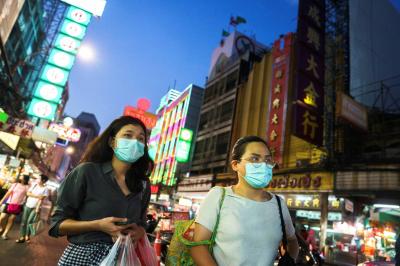China has granted its first approval for a COVID-19 treatment two years after the disease first emerged in the country, amid a resurgence in cases. Unlike the preventive function of vaccines, this treatment targets patients infected with the virus in order to prevent them from experiencing severe complications.
China, where the pandemic first appeared in Wuhan (central) at the end of 2019, has nearly controlled the outbreak by implementing drastic measures such as border closures, strict monitoring of movements, and imposing lockdowns. China, which does not allow any foreign vaccines, claims to have vaccinated over 70% of its population thanks to domestically produced vaccines. Nonetheless, the country has faced a resurgence of localized infections in recent months, although these remain lower than the daily numbers reported abroad.
**Emergency Approval**
In a statement published on Wednesday, the National Medical Products Administration announced that it has granted "emergency approval" for a Chinese treatment against COVID-19, which is based on monoclonal antibodies. These monoclonal antibodies bind to the virus's protein and reduce its ability to enter human cells.
The treatment, administered by injection, was developed by Tsinghua University in Beijing, the Third Hospital in Shenzhen (south), and the company "Bri Biosciences." Clinical trials have shown that the treatment can reduce hospital admission rates and the risk of death in vulnerable patients by 80%, according to the university. Local media reported that the treatment has been used on patients infected during the recent resurgence of the pandemic.
China reported 83 new cases nationwide on Thursday. The country has several national vaccines, whose efficacy rates are lower than those produced abroad. The World Health Organization has approved two vaccines from manufacturers "Sinovac" and "Sinopharm."




